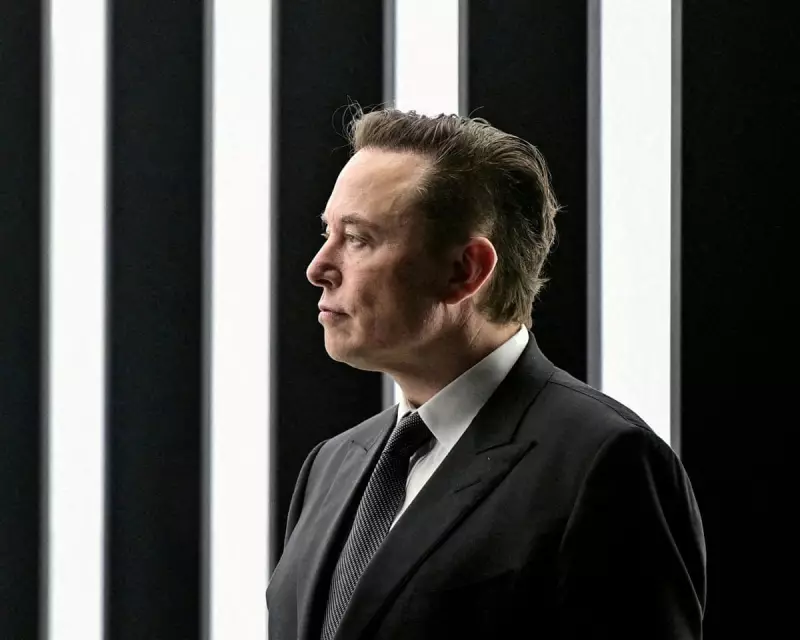
Elon Musk's ambitious artificial intelligence project, Grokipedia, is facing mounting criticism from British academics and Wikipedia volunteers who accuse the tech billionaire of engaging in "digital colonialism" and undermining established knowledge verification processes.
The Accuracy Debate Heats Up
Recent analysis by UK technology experts has revealed concerning patterns in Grokipedia's content generation. The AI-powered platform, positioned as a modern alternative to Wikipedia, has been found to produce factual inaccuracies while simultaneously presenting them with unwavering confidence.
"The system generates plausible-sounding but fundamentally incorrect information," noted Dr. Eleanor Vance of Cambridge University. "What's particularly worrying is its tendency to present these inaccuracies with absolute certainty, making it difficult for ordinary users to distinguish fact from fiction."
Recruitment Tactics Spark Controversy
Grokipedia's approach to expanding its contributor base has raised eyebrows across the academic community. The platform has been actively recruiting Wikipedia editors with financial incentives, a move that veteran volunteers describe as undermining the spirit of collaborative knowledge-sharing.
"They're essentially trying to buy the credibility that Wikipedia built over two decades," said Michael Roberts, a long-standing Wikipedia editor from London. "It feels like digital colonialism - marching in with financial resources to claim territory that was built through genuine community effort."
Legal and Ethical Concerns Mount
The controversy extends beyond academic circles, with legal experts questioning whether Grokipedia's practices might violate established principles of open knowledge sharing. The platform's use of Wikipedia's content structure and editing community has prompted discussions about the boundaries of fair competition in the digital knowledge space.
Critics argue that while Grokipedia positions itself as an innovative alternative, its fundamental approach relies heavily on the infrastructure and community that Wikipedia painstakingly developed over years.
Industry Reactions and Future Implications
Technology analysts suggest the Grokipedia controversy represents a broader tension between traditional collaborative models and new AI-driven approaches to information curation. The outcome of this clash could shape how digital knowledge platforms evolve in the coming years.
As the debate continues, both supporters and critics await to see whether Grokipedia will address concerns about accuracy and methodology, or whether it will continue on its current trajectory despite the growing backlash from the UK academic and volunteer communities.





